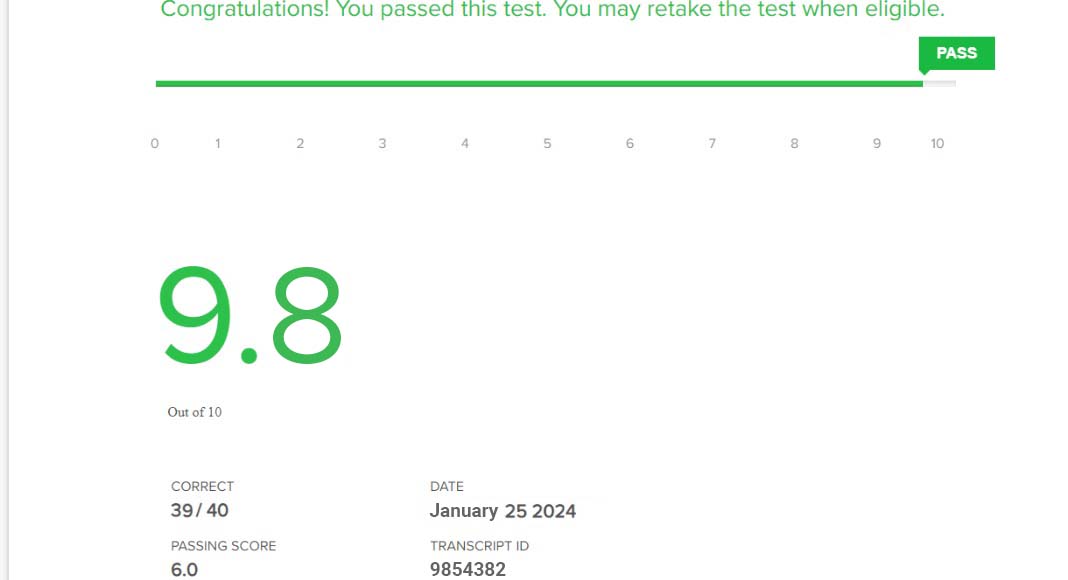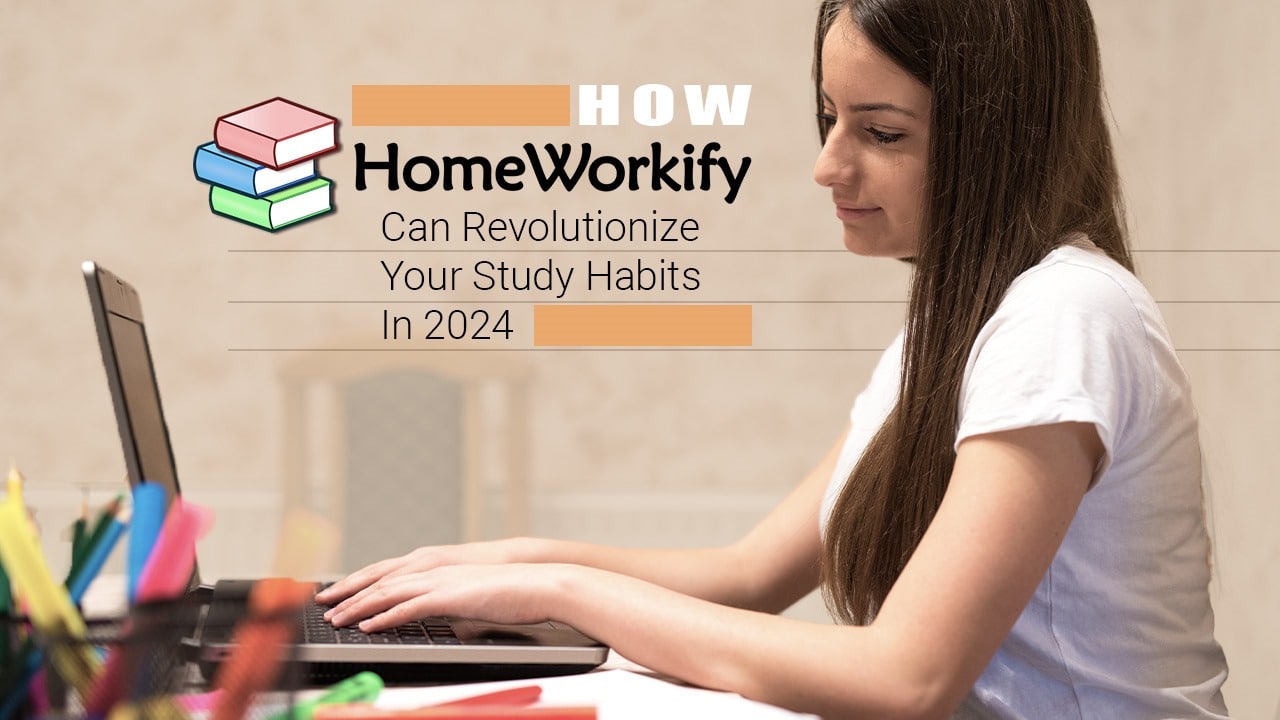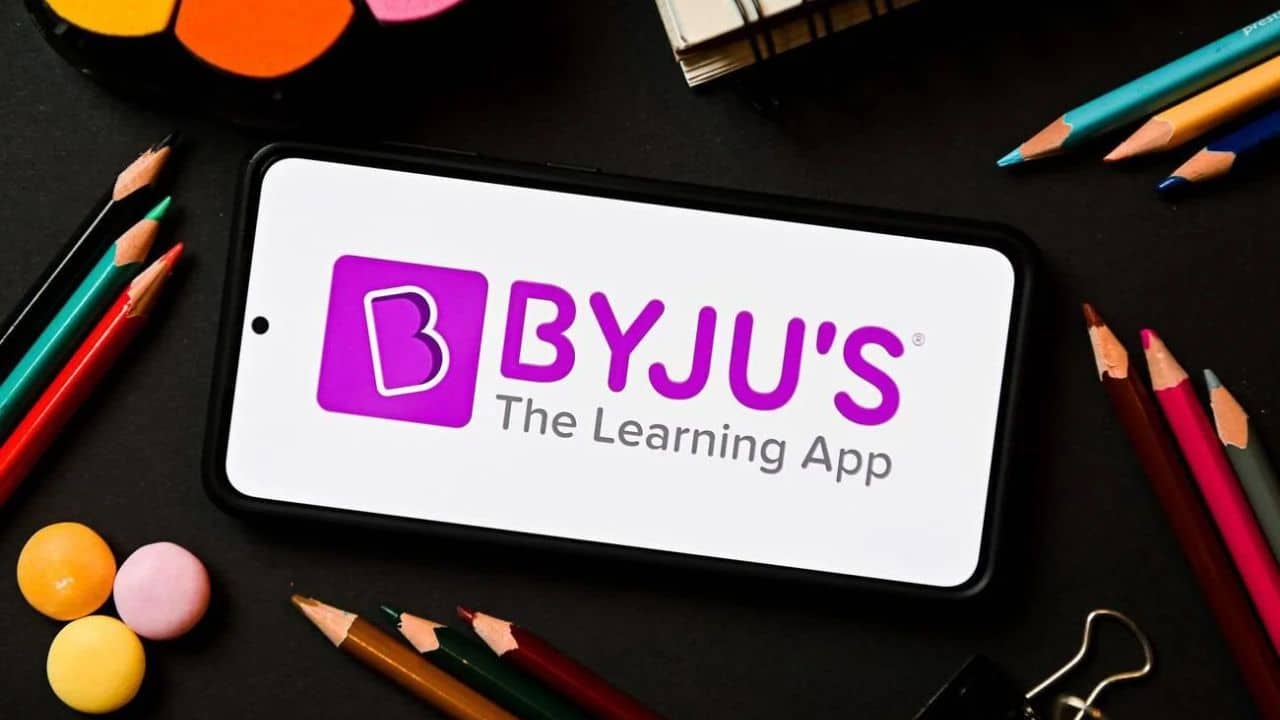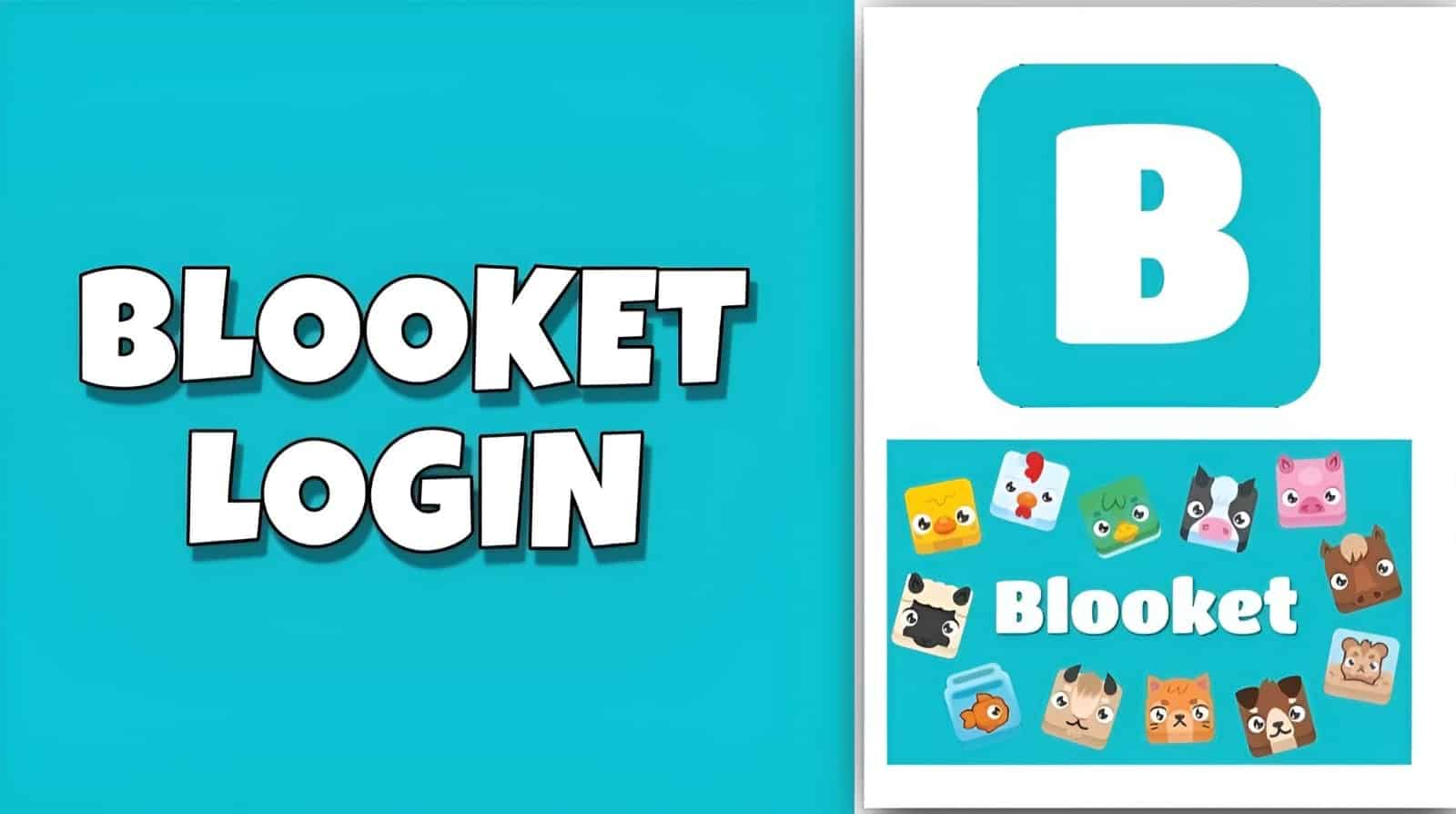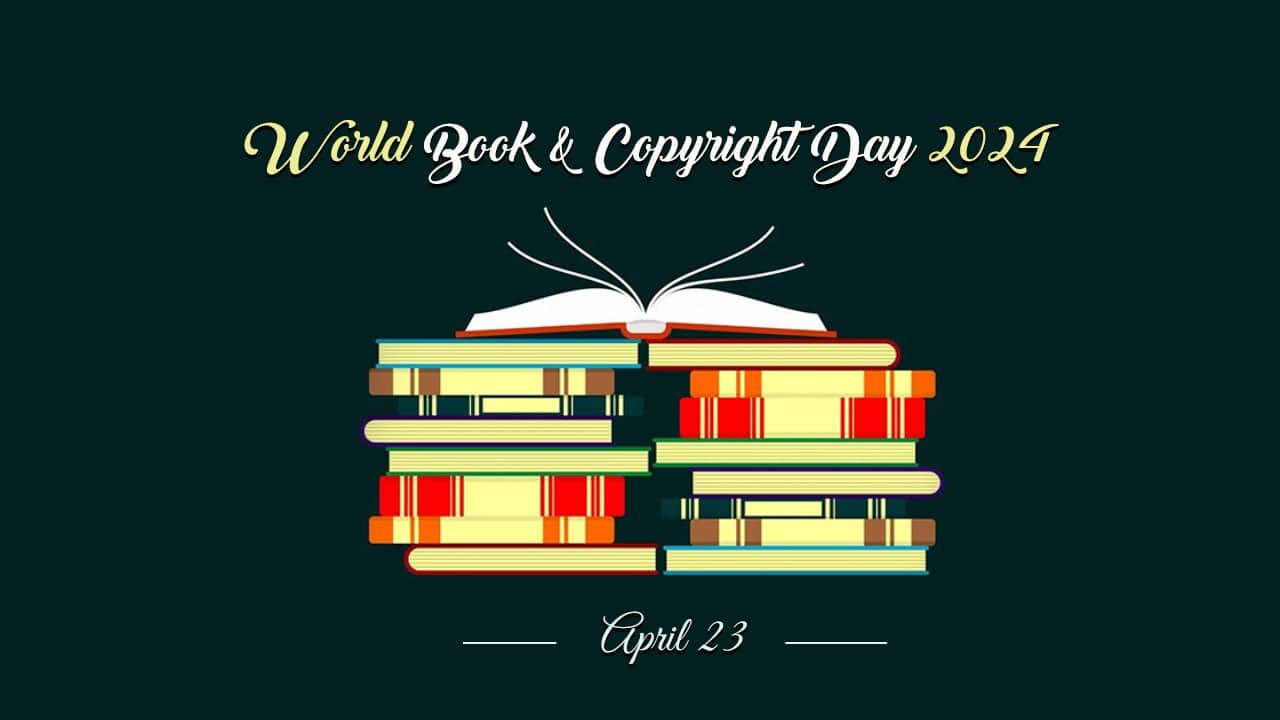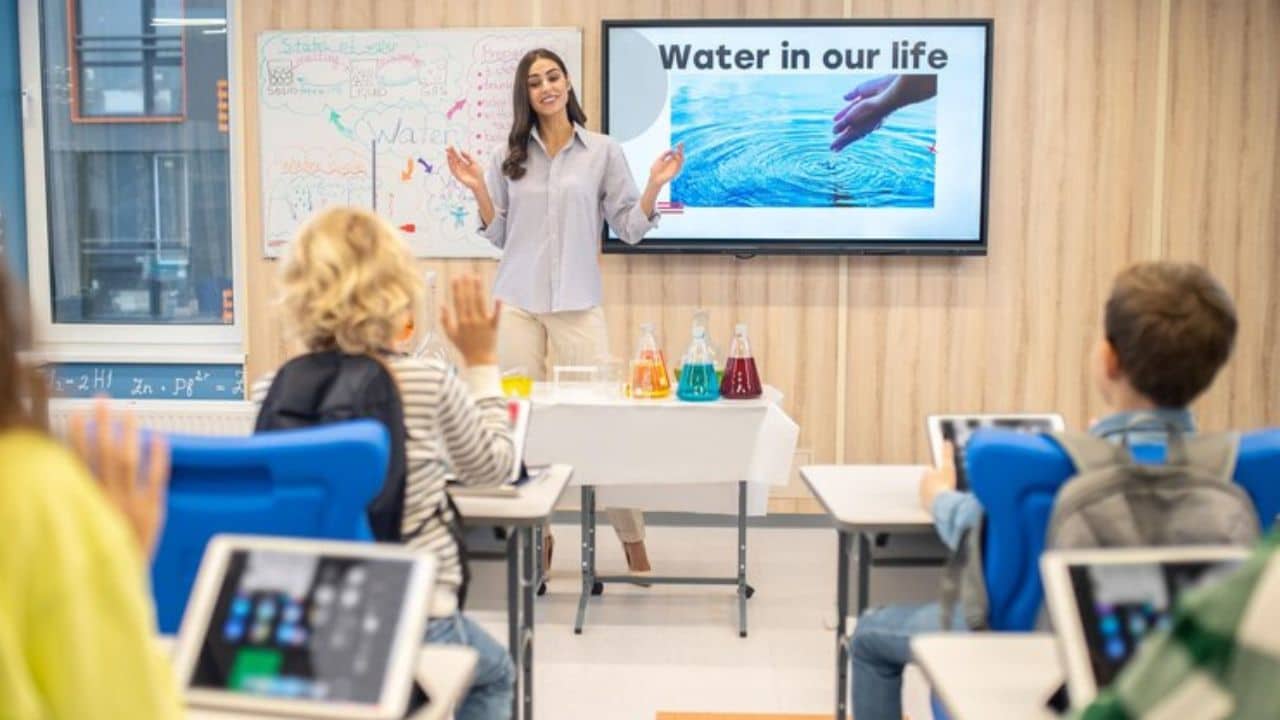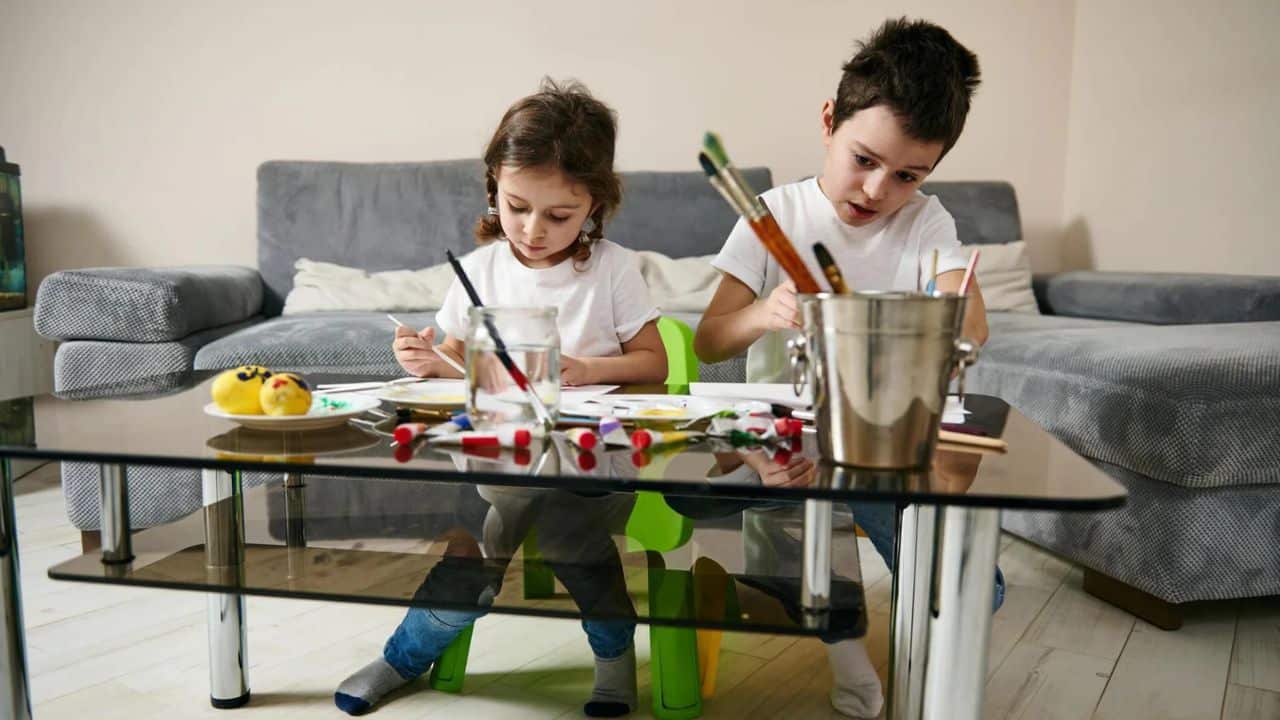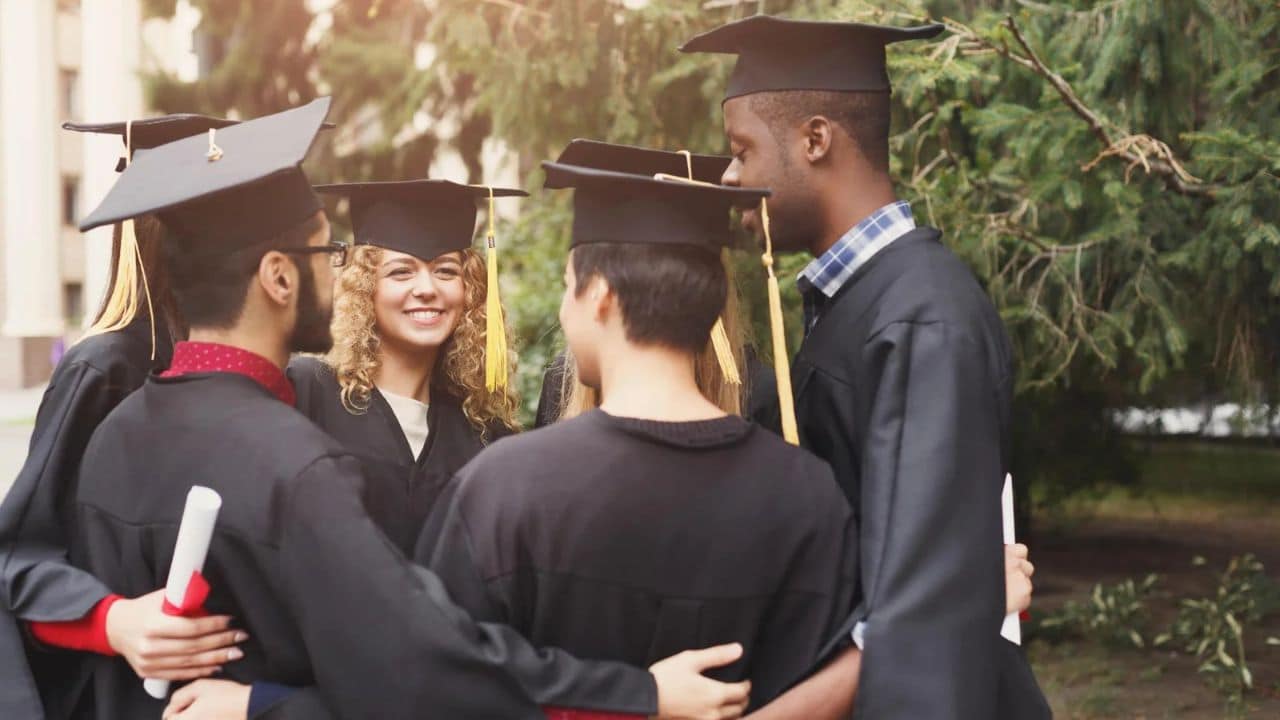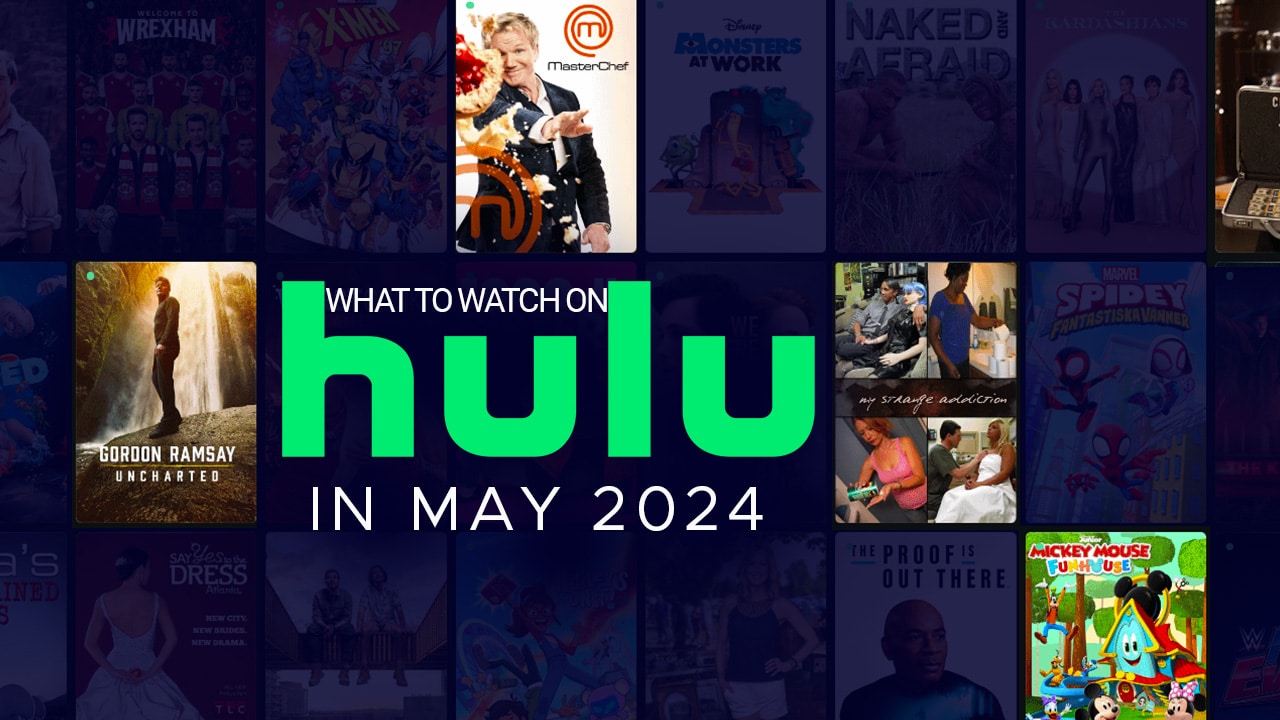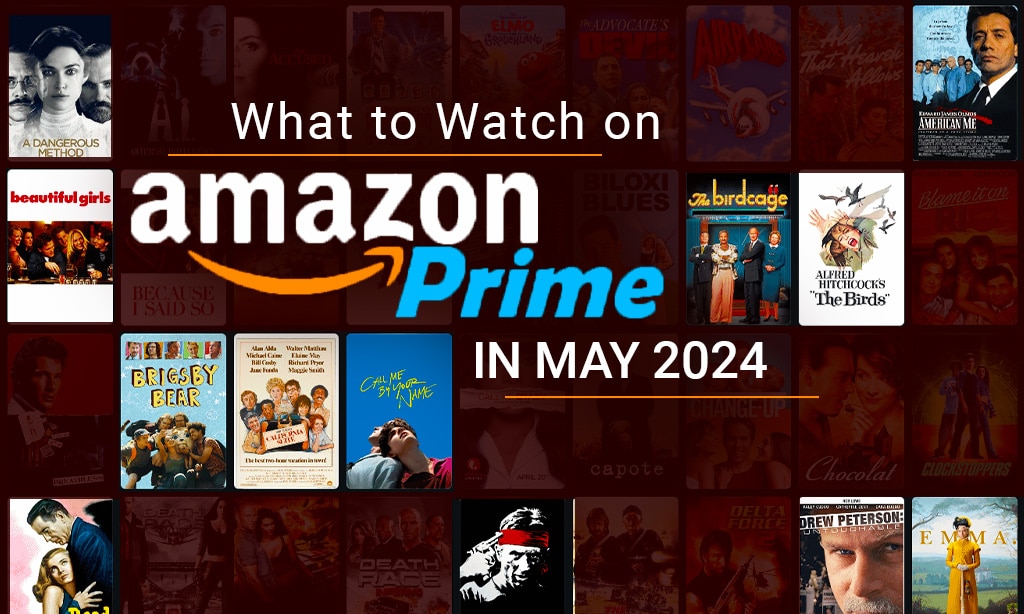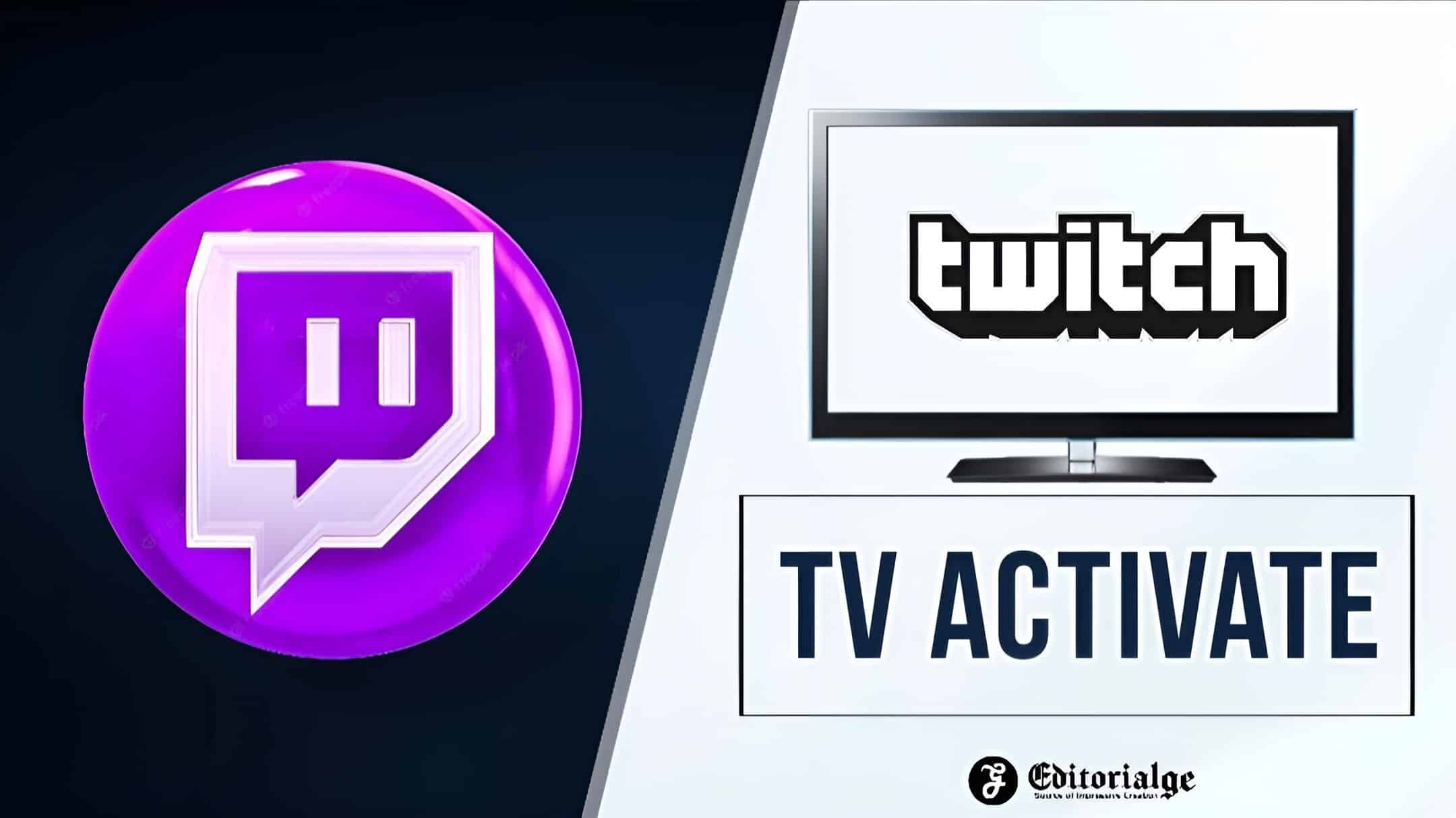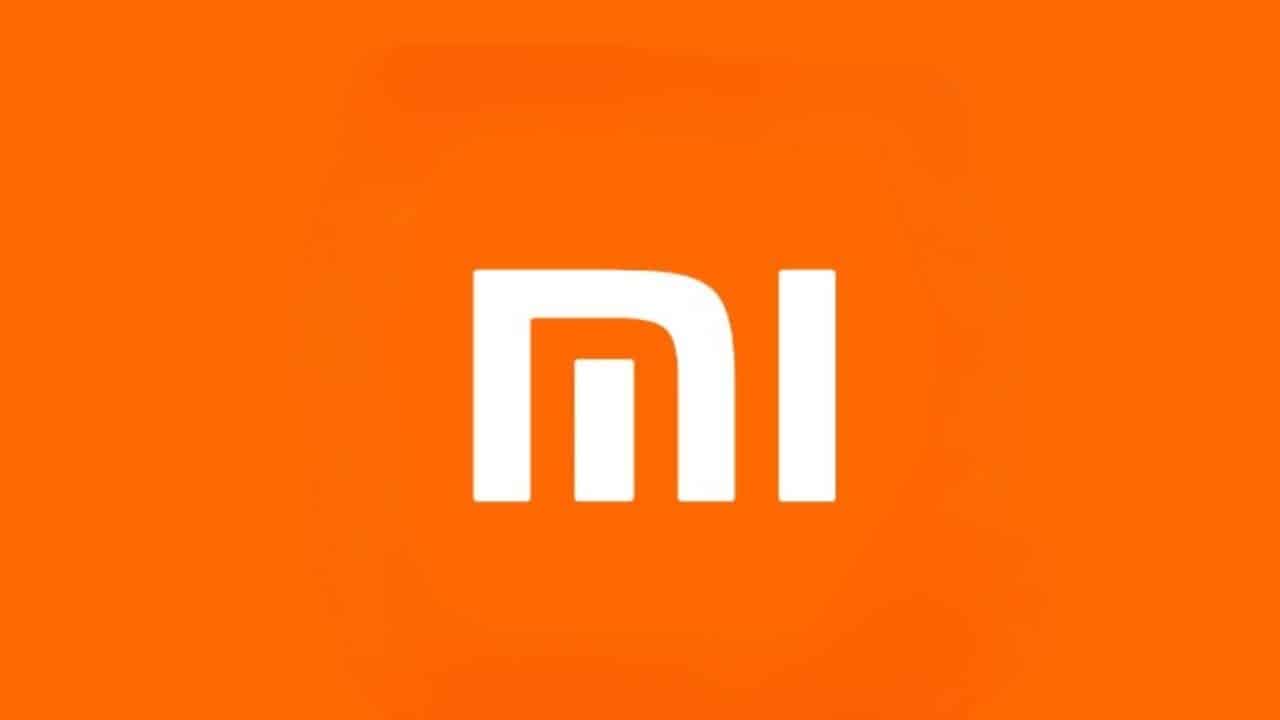Instead of using the conventional one-size-fits-all method of teaching, personalized learning focuses on the requirements and abilities of each student. It entails adapting instructional strategies to each student’s unique requirements and calls for a change in the teacher’s function from one who only imparts knowledge to one who also serves as a facilitator and coach. It has been demonstrated that this kind of education boosts learner ownership, academic achievement, and student engagement.
History of Personalized Learning’s Effect on Student Achievement
It is astonishing to see how historically personalized learning has affected student performance. Traditional teaching techniques have relied on the teacher lecturing while the pupils passively take in the information for generations. This one-size-fits-all method failed to adequately meet each student’s needs, which had a negative impact on engagement and academic achievement. Personalized learning has become a viable solution due to the development of technology.
Individualized education that is catered to the requirements and interests of the learner is encouraged by personalized learning. Since they may access resources whenever they choose and progress through the content at their own speed, students are more engaged with the course materials. As they investigate all facets of the subject and come to their own conclusions, this kind of learning can also aid kids in developing writing skills and critical thinking abilities.
Additionally, individualized learning provides students a sense of ownership over their education, which boosts their drive to finish tasks and enhances academic success. Additionally, studies have demonstrated that individualized learning aids in closing the accomplishment gap between various student populations, enabling all pupils to realize their full potential. Finally, by giving instructors a better grasp of each student’s unique requirements, customized learning also aids teachers in improving the effectiveness of their education.
Various Personalized Learning Methods
The goal of personalized learning approaches is to adapt training to best match the specific needs of each student, taking into account their particular needs and talents. One such approach is self-paced learning, in which students study at their own pace and can go over the material as many times as necessary. On the other side, technology-driven learning uses video conferencing, online course materials, and interactive websites to offer customized education that is tailored to the learner’s requirements and interests. Another form of customized learning is adaptive learning, which uses technology to automatically tailor courses to the needs of each individual learner.
Individualized instruction creates a space where students feel ownership over their education and have complete control over their learning. They may investigate all parts of a subject at their own speed and draw their own conclusions, which will help them hone their writing and critical thinking skills. Personalized learning also helps teachers increase the efficacy of their instruction by giving them a greater understanding of the particular needs of each student.
The Impact of Personalized Learning on College Assignment Performance
Personalized instruction has a big influence on how well students do on college assignments. According to research, students who employ individualized learning strategies tend to be more interested in their coursework, take greater ownership of their education, and perform better academically. Students may progress through the content at their own speed and go over it as many times as they need to by receiving individualized education that is targeted to their needs and interests. This helps them better learn and retain the information. By offering interactive websites, online course materials, and video conferencing, technology-driven learning further improves the individualized learning experience and makes sure that training is adapted to the requirements of specific students. Adaptive learning is another form of personalized learning that uses technology to automatically adjust instruction to meet student needs.
Implementing individualized learning, meanwhile, is not always a simple process. For individualized learning to be successful, access to technology and the availability of high-quality resources are both necessary. Individualized education and a large selection of high-quality resources are offered by a professional assignment writing service like Easy Essay, which may contribute to the integration of individualized learning into the college experience. The method can be complicated and time-consuming, therefore teachers must be taught to use technology and teach for individualized learning.
Overall, it has been demonstrated that individualized learning improves students’ success on college tasks. Students may do better academically, hone their critical thinking abilities, and take control of their learning by having the freedom to go through the content at their own pace and study it as much as they need. The correct tools and assistance may make individualized learning an effective tool for assisting students in realizing their full potential.
Implementing Personalized Learning Presents Challenges
Before implementation, there are a number of obstacles, which is important to consider when implementing customized learning in the classroom. The greatest problem is access to technology. Although it is essential for individualized education, certain students might not have access to the required technology because of its high cost and restricted availability. Additionally, in order for customized learning to be successful, teachers need to receive training on how to utilize the technology and deliver lessons for it. This might be a challenging, time-consuming procedure that calls for materials that some schools might not have.
Finally, high-quality materials are essential if individualized learning is to be successful. Due to this, the school or teacher may need to spend more money on better resources that are in line with the needs and interests of the pupils. When adopting customized learning, all of these difficulties should be taken into account.
Conclusion
Finally, customized learning has been demonstrated to be a successful strategy for raising student achievement on college assignments, resulting in more engagement with the course material, ownership of the learning process, and improved academic performance. Personalized learning can be implemented, however there are several obstacles to overcome, such as limited access to technology and poor-quality resources. When used effectively, individualized learning may be a great tool for encouraging students to do homework and realize their full potential



